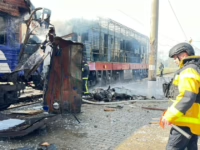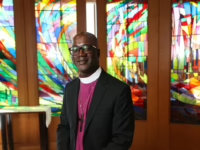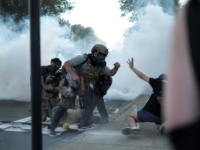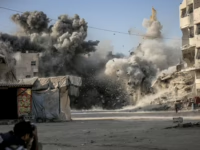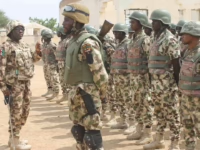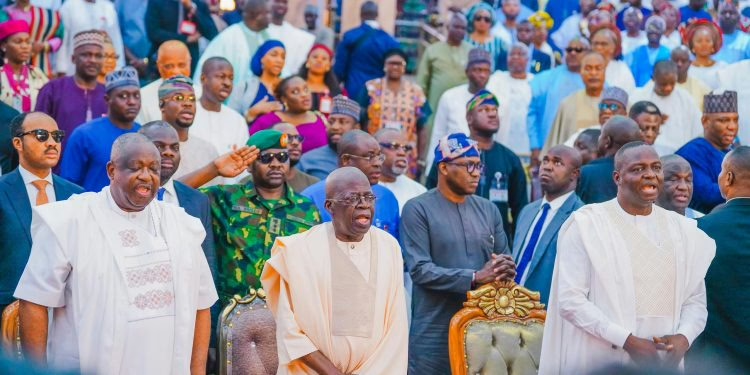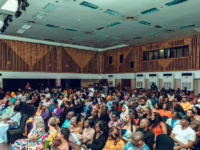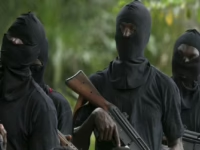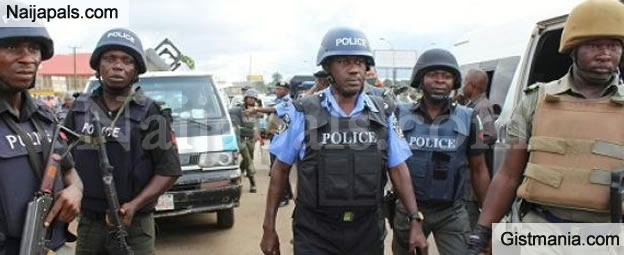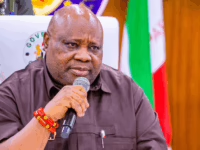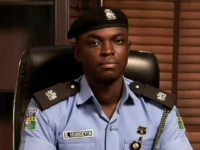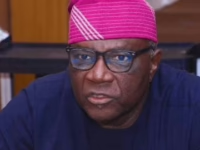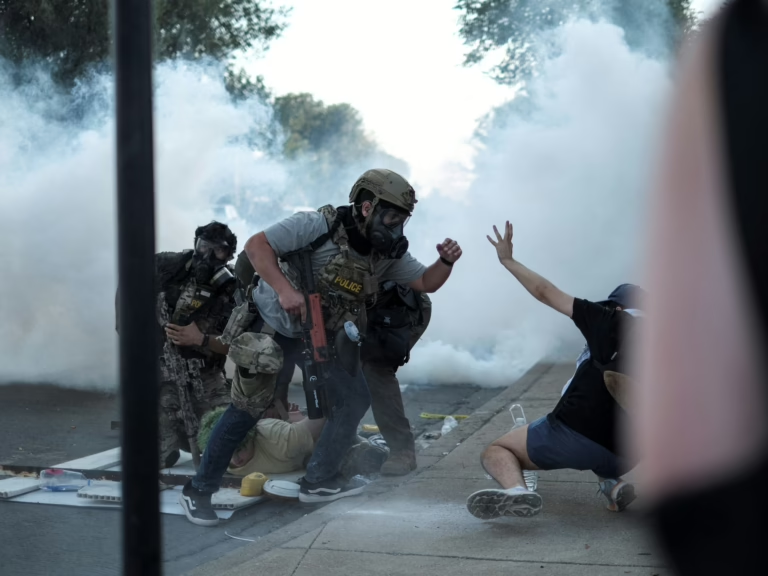Federal immigration officers engage with demonstrators in Chicago, utilizing rubber bullets and pepper spray amid protests.
In Chicago’s southwest region, United States Border Patrol agents discharged their weapons at a woman during confrontations with protesters, according to the Department of Homeland Security (DHS).
A DHS representative confirmed on Saturday that no officers sustained serious injuries during the incident, which involved a group-including the woman who was shot-colliding vehicles with those operated by US Immigration and Customs Enforcement (ICE).
The unidentified woman, a US citizen, transported herself to a medical facility, though her current health status remains undisclosed. During the intense exchanges, ICE personnel deployed pepper spray and rubber bullets to disperse the crowd.
Kristi Noem, the US Secretary of Homeland Security, announced via X that she is dispatching additional “special operations” units to manage the unrest in Chicago’s Brighton Park area.
Meanwhile, Illinois Governor JB Pritzker revealed that the Trump administration intends to federalize 300 members of the Illinois National Guard in response to the escalating tensions.
Pritzker stated that the Pentagon informed the National Guard earlier that day about the impending activation of troops, though he did not clarify the timing or locations for deployment. President Donald Trump has repeatedly threatened to send military forces to Chicago.
“This morning, the Trump Administration’s Department of War issued an ultimatum: mobilize your troops, or we will,” Pritzker declared. “It is utterly unacceptable and unpatriotic to coerce a Governor into deploying military forces within state borders against our consent.”
A spokesperson for the governor’s office declined to provide further details. Requests for comment from the White House and Pentagon went unanswered.
Local residents have organized numerous demonstrations opposing the increased federal presence. On Friday, clashes erupted between police and hundreds of protesters outside an ICE facility in Broadview, a Chicago suburb.
Protesters have repeatedly attempted to obstruct ICE vehicles transporting detainees by sitting in the street, only to be met with forceful responses from heavily armed ICE agents employing physical tactics, chemical irritants, and rubber bullets, creating scenes reminiscent of military engagements.
Activists have criticized what they describe as aggressive law enforcement tactics in other Democratic-led cities such as New York, Los Angeles, Washington, DC, and Portland.
Earlier this summer, Trump deployed the National Guard to Los Angeles as part of a broader federal law enforcement initiative in Washington, DC. Additionally, Tennessee National Guard members are slated to assist Memphis police.
California Governor Gavin Newsom successfully obtained a temporary federal court injunction against the deployment in Los Angeles. However, the Trump administration has appealed, and a three-judge panel from the 9th US Circuit Court of Appeals has signaled a likelihood of ruling in favor of the government.
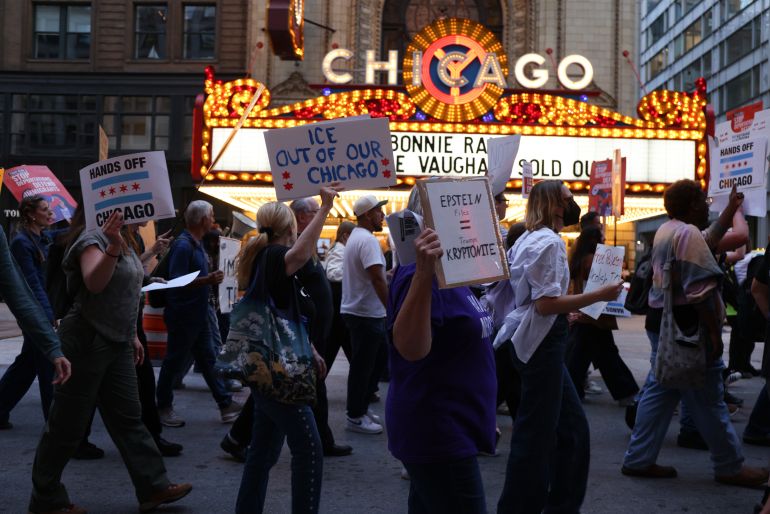
Governor Pritzker condemned Trump’s actions in Illinois as a “staged spectacle” that would divert National Guard members from their families and civilian responsibilities.
“For Donald Trump, this is never about public safety. It’s about exerting control,” the governor asserted, emphasizing that state, county, and local law enforcement agencies have been collaborating to secure the ICE facility in Broadview.
Federal authorities reported 13 arrests during protests near the facility on Friday, which has been a focal point of the administration’s intensified immigration enforcement efforts this autumn.
Last month, Trump also announced the deployment of federal troops to Portland, Oregon, describing the city as war-torn. However, local officials have pointed out that many of his statements and social media posts appear to recycle footage from 2020, when the city experienced widespread protests following the death of George Floyd at the hands of Minneapolis police.
City and state leaders filed lawsuits to block the deployment shortly after the announcement. US District Judge Karin J. Immergut heard arguments on Friday, with a decision anticipated over the weekend.
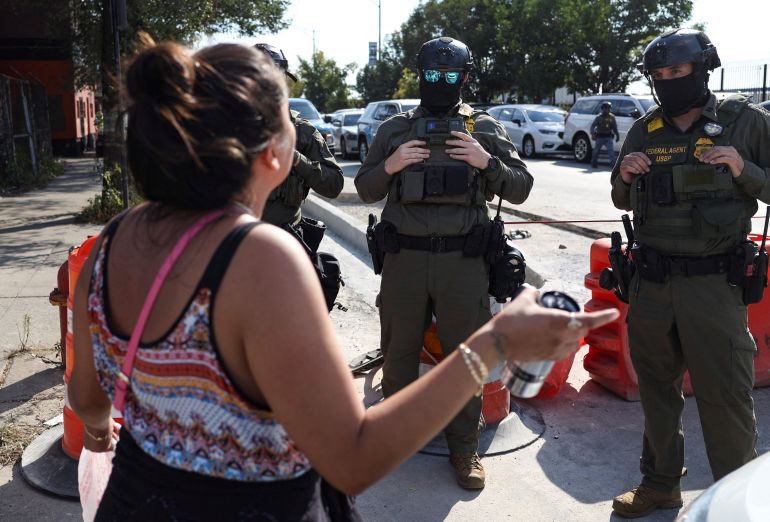 federal officers in the Little Village neighborhood of Chicago, Illinois, U.S., October 4, 2025. REUTERS/Jim Vondruska” fetchpriority=”low”/>
federal officers in the Little Village neighborhood of Chicago, Illinois, U.S., October 4, 2025. REUTERS/Jim Vondruska” fetchpriority=”low”/>



